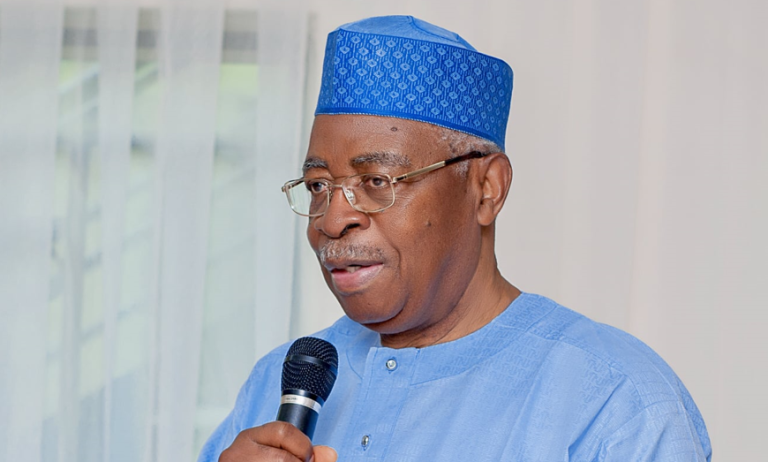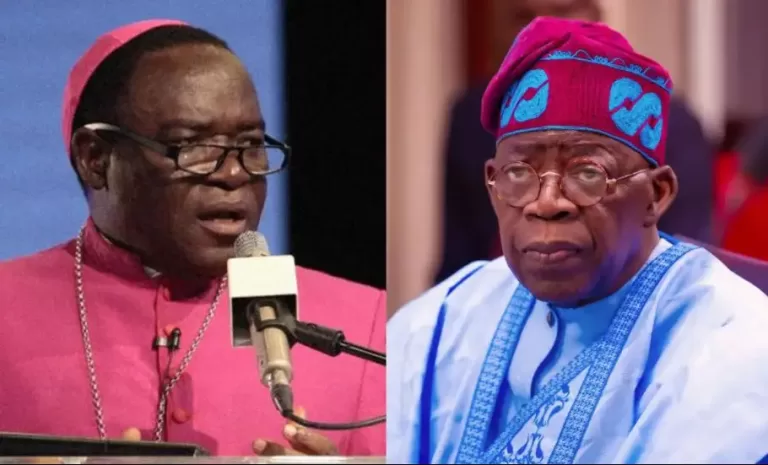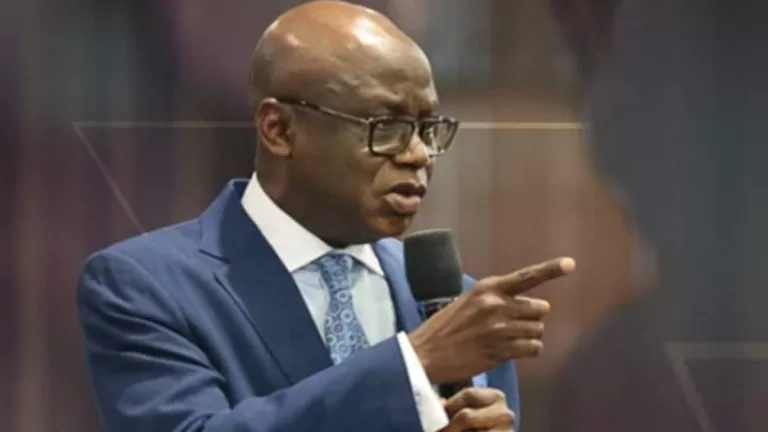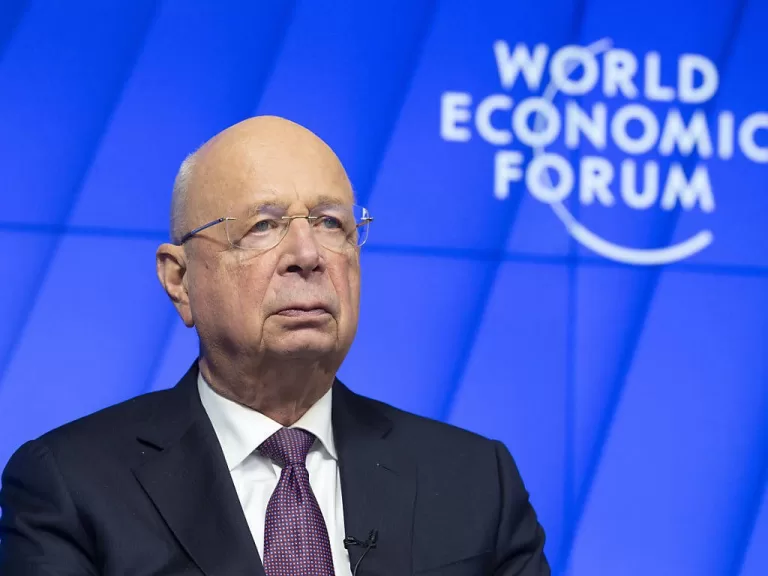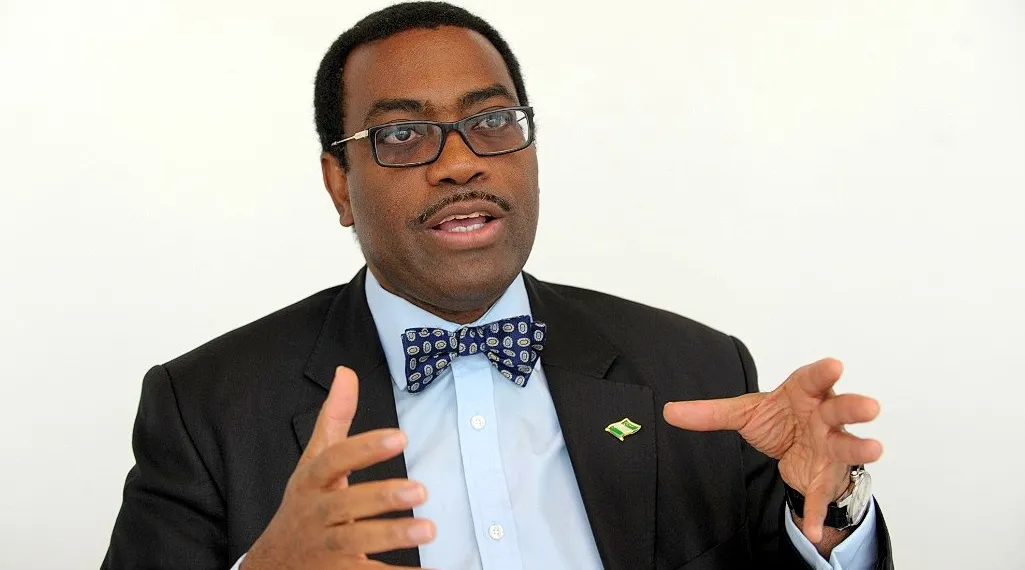
AfDB President Adesina: Nigeria’s Youth Exodus Is a National and Continental Loss
Akinwumi Adesina, President of the African Development Bank (AfDB), has called the mass migration of young Nigerians—popularly dubbed the “Japa” movement—a profound loss for Nigeria and the African continent. He made this assertion during a feature interview aired Thursday on Sunrise Daily, a programme on Channels Television.
Describing Africa’s youth bulge as a “demographic asset,” Adesina warned that the current trajectory risks transforming a population advantage into a missed economic opportunity if governments fail to invest meaningfully in young people.
“Young people don’t need freebies,” Adesina stated pointedly. “They have ideas, they have capacity. What they need is capital—and people willing to take risks on their potential.”
With over 465 million Africans aged between 15 and 35, Adesina emphasized that the future of this demographic must not lie in overseas destinations like Europe, America, or Asia. “It should lie in Africa—growing robustly, creating jobs, and generating wealth,” he said.
Adesina, who previously served as Nigeria’s Minister of Agriculture, underscored the importance of equipping young Africans with skills, jobs, and social safety nets. Citing India and China as examples, he said population size is not a liability when properly harnessed.
To address systemic barriers to youth entrepreneurship, Adesina revealed that the AfDB has established the Youth Entrepreneurship Development Bank. In Nigeria, the institution has just approved $100 million to launch the Nigerian Youth Entrepreneurship Investment Bank, with a goal of mobilizing $2 billion to fund over 38,000 youth-led businesses.
He rejected the model of “empowerment schemes” that offer small handouts and called for serious capital investment to support long-term, youth-driven wealth creation.
“They don’t need N5,000 or N10,000,” Adesina said. “If you don’t invest in them now, who will pay your taxes tomorrow? Who will drive capital formation in the future?”
In a world grappling with rising protectionism and volatile global markets, Adesina argued that Africa must now build internal consumption and economic resilience, powered by its most abundant resource: its youth.


